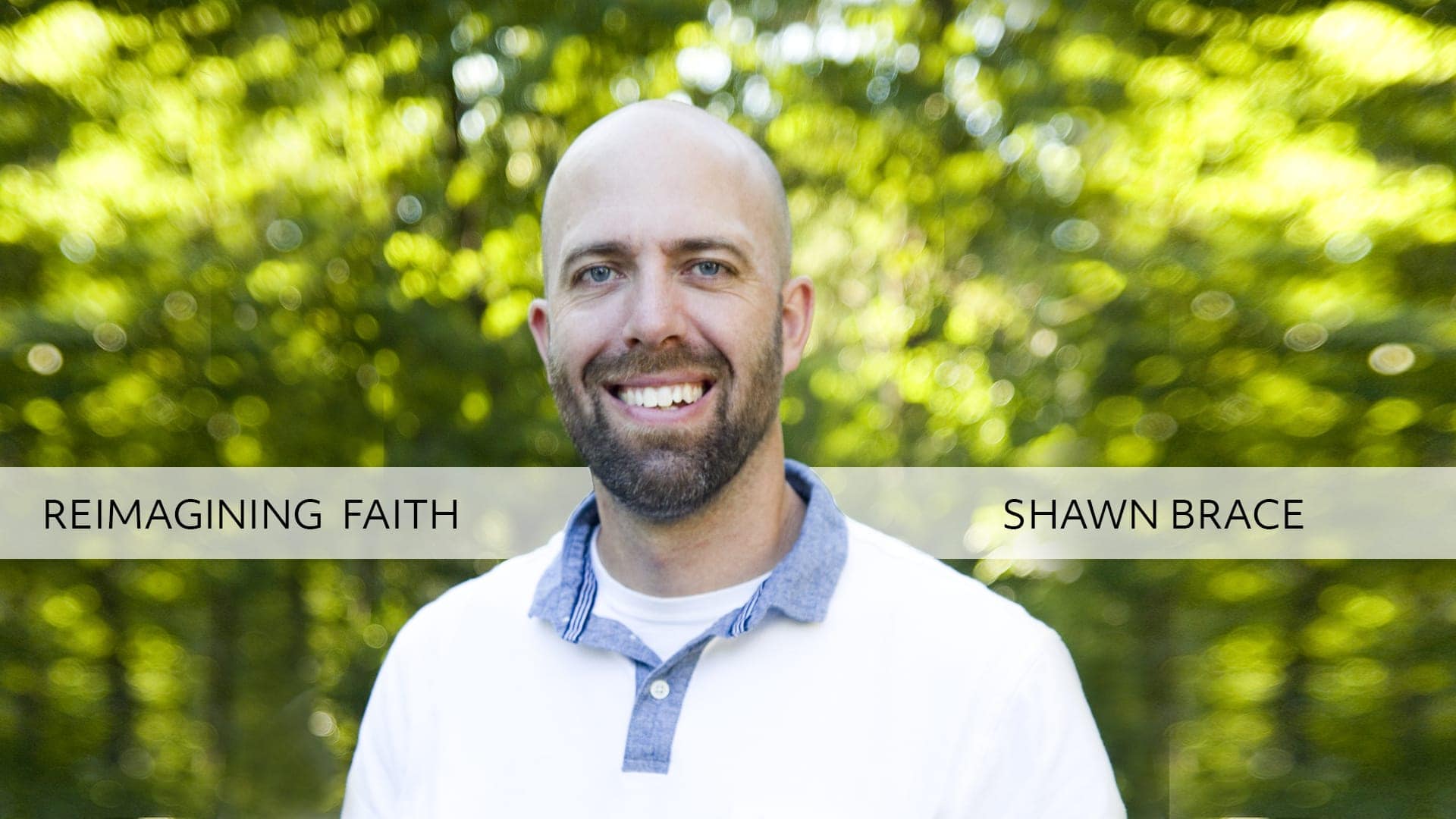
A few months ago I was getting acquainted with a new colleague, talking about our ministry passions and theological perspectives, and suddenly, with an understated sense of confidence, he said to me, “You’re a conservative.”
His statement caught me off guard—partly because I was wondering what gave him such confidence to say that about me, and also because it’s been a while since I’ve heard someone apply that label to me. With a bit of apprehension, I hesitatingly responded, “Yes . . . I guess you could say that.”
Of course, such labels are notoriously fickle and are mostly moving targets. We’ll always find someone who’s more conservative than we are, as well as someone who’s more liberal. Indeed, one person’s liberal is another person’s conservative, and vice versa.
I’m sure, to this colleague, my deep love for the Adventist theological paradigm communicates I’m conservative. Or the fact that I love Scripture, believing it’s fully inspired by God, assures him of that as well. Or perhaps even more poignantly, the fact that I love to read and quote Ellen White, believing she had a special message from God, indicates I carry conservative credentials.
All those things aside, though, the conversation got me wondering: What, exactly, does it mean to be conservative?
Typically, of course, a conservative is one who wants to conserve and preserve the past. They want to hold on to traditions and maintain institutions.
Yet even here, conservatives are always selective about the things they want to conserve. They don’t just indiscriminately try to conserve everything from the past. Many of the most avowed conservatives still drive motorized vehicles, have cell phones, and use the Internet. They’re also often known for not spending much time worrying about conserving nature or the environment.
To me, being conservative starts and ends with being clear on what the most important thing to conserve is.
I think for many Adventists, a conservative is one who tries to preserve a certain style of dress, particular types of music, a specific diet, and certain scenarios about the end times. These are, in many ways, often considered the defining issues that determine whether a person is conservative or liberal.
Whether or not these particular issues are ones that are worth conserving, I do think that focusing on them can easily get in the way of our seeking to conserve that which is most important. To me, being conservative starts and ends with being clear on what the most important thing is to conserve.
And what is that one thing? At the risk of being overly simplistic, and being utterly underwhelming, I’d propose it’s this: the story of God’s love. That’s it. That’s what I want to conserve.
I want to make sure we preserve the story of God’s generosity—that God is gracious and large-hearted; that He valued human beings at the price of Jesus, encouraging us to live in light of this amazing news. I also never want to lose sight of the fact that we’re forgiven, that God is seeking to bring restoration to humanity, that He is trying to eternally reconcile the universe to Himself (what our sanctuary message is really all about). I want to conserve the beautiful thought that He has given us the ministry of reconciliation, that He wants us to pursue healthy relationships with one another—free from shame and condemnation and judgment.
All this, by the way, is woven throughout our Fundamental Beliefs as Adventists—if only we’d interpret them accordingly, keeping the big picture in mind instead of relating to them as detached bits of doctrinal facts that we must give mental assent to and forcefully guard.
So, let’s conserve what’s most important: the story of God’s love. And to whatever degree anything else we’re trying to conserve distracts us from this, perhaps it’s time to leave those things behind so we can truly be conservative of what God deems most worthy.
Shawn Brace is a pastor and author in Bangor, Maine, whose most recent book, The Table I Long For (Signs Publishing), details his and his church’s recent journey into a mission-centered life. He is also a D.Phil. student at the University of Oxford, researching nineteenth-century American Christianity.